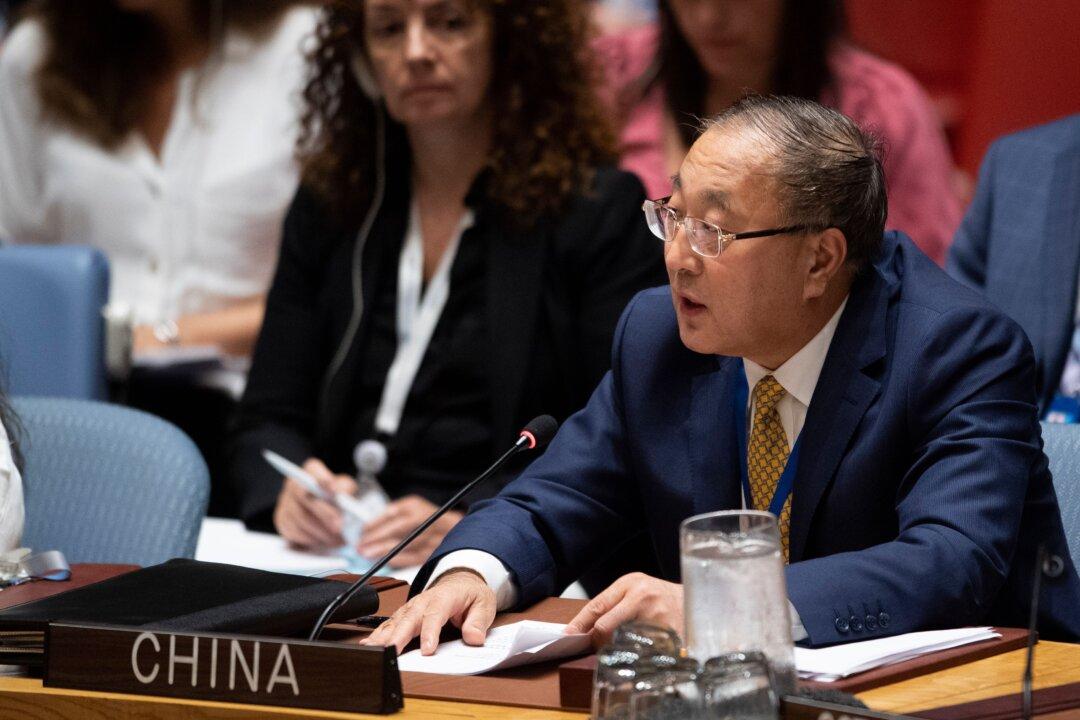As world leaders convene in New York for the United Nations General Assembly this week, two U.S. senators have introduced a bill to investigate the Chinese regime’s influence in that organization and other international bodies.
Sens. Todd Young (R-Ind.) and Jeff Merkley (D-Ore.), who are both members of the Senate Foreign Relations Committee, introduced legislation on Sept. 23 that would require the U.S. Director of National Intelligence to provide a report on the Chinese regime’s objectives, tactics, and influence in international organizations.





